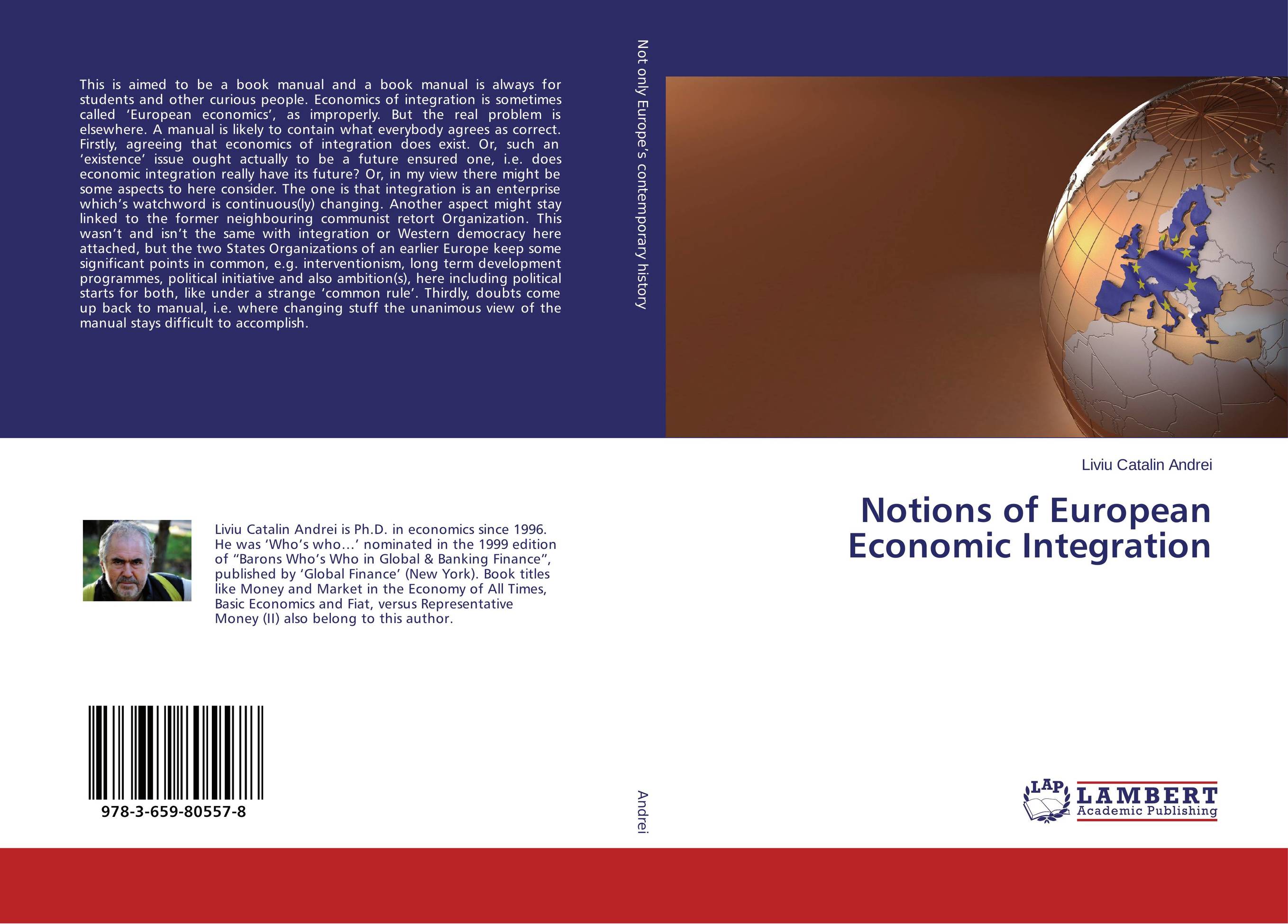| Поиск по каталогу |
|
(строгое соответствие)
|
- Профессиональная
- Научно-популярная
- Художественная
- Публицистика
- Детская
- Искусство
- Хобби, семья, дом
- Спорт
- Путеводители
- Блокноты, тетради, открытки
Notions of European Economic Integration.

В наличии
| Местонахождение: Алматы | Состояние экземпляра: новый |

Бумажная
версия
версия
Автор: Liviu Catalin Andrei
ISBN: 9783659805578
Год издания: 2015
Формат книги: 60×90/16 (145×215 мм)
Количество страниц: 176
Издательство: LAP LAMBERT Academic Publishing
Цена: 42817 тг
Положить в корзину
Позиции в рубрикаторе
Сферы деятельности:Код товара: 152830
| Способы доставки в город Алматы * комплектация (срок до отгрузки) не более 2 рабочих дней |
| Самовывоз из города Алматы (пункты самовывоза партнёра CDEK) |
| Курьерская доставка CDEK из города Москва |
| Доставка Почтой России из города Москва |
Аннотация: This is aimed to be a book manual and a book manual is always for students and other curious people. Economics of integration is sometimes called ‘European economics’, as improperly. But the real problem is elsewhere. A manual is likely to contain what everybody agrees as correct. Firstly, agreeing that economics of integration does exist. Or, such an ‘existence’ issue ought actually to be a future ensured one, i.e. does economic integration really have its future? Or, in my view there might be some aspects to here consider. The one is that integration is an enterprise which’s watchword is continuous(ly) changing. Another aspect might stay linked to the former neighbouring communist retort Organization. This wasn’t and isn’t the same with integration or Western democracy here attached, but the two States Organizations of an earlier Europe keep some significant points in common, e.g. interventionism, long term development programmes, political initiative and also ambition(s), here including political starts for both, like under a strange ‘common rule’. Thirdly, doubts come up back to manual, i.e. where changing stuff the unanimous view of the manual stays difficult to accomplish.
Ключевые слова: European Union, international economics, economics of integration, European economics



